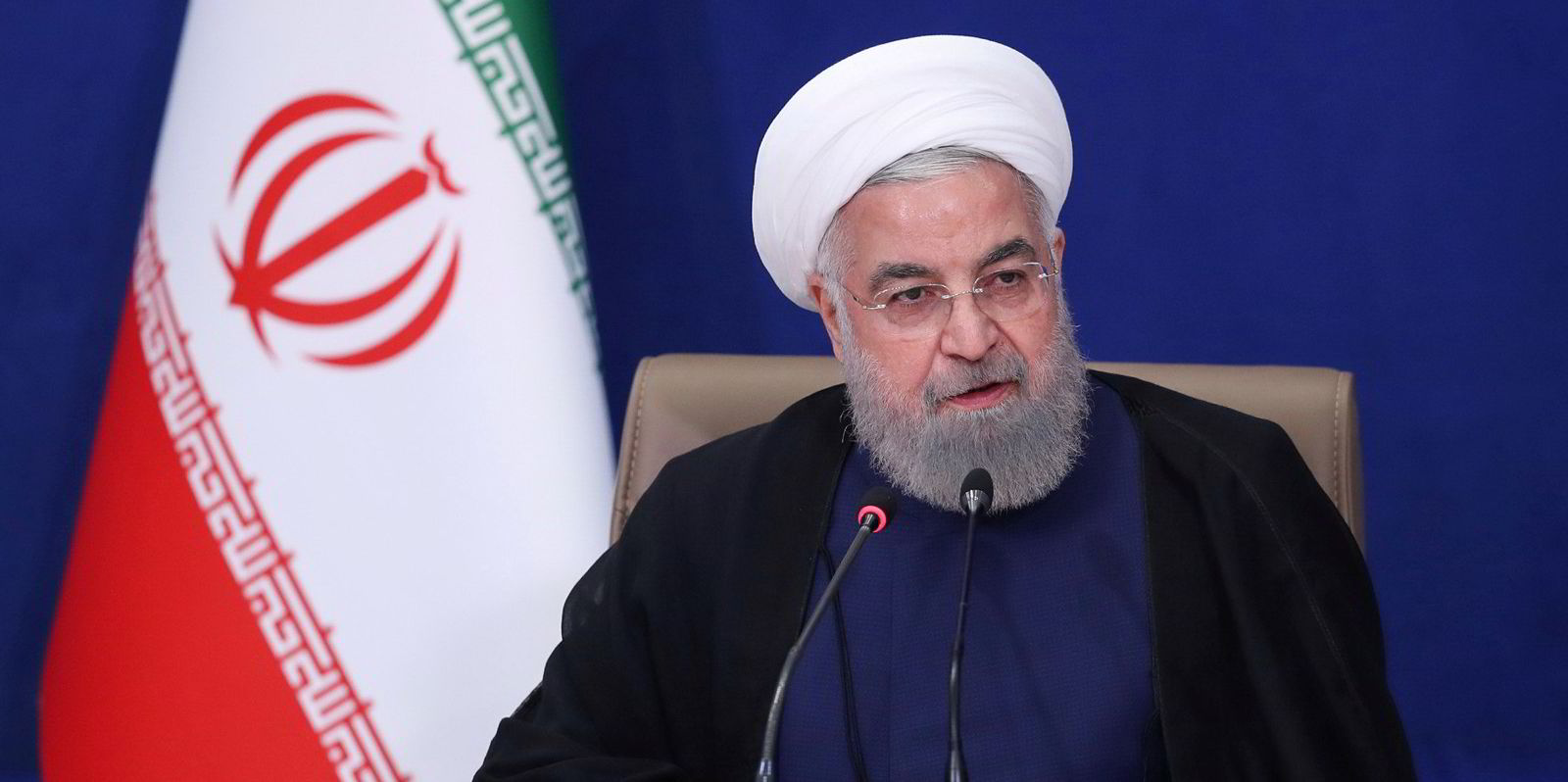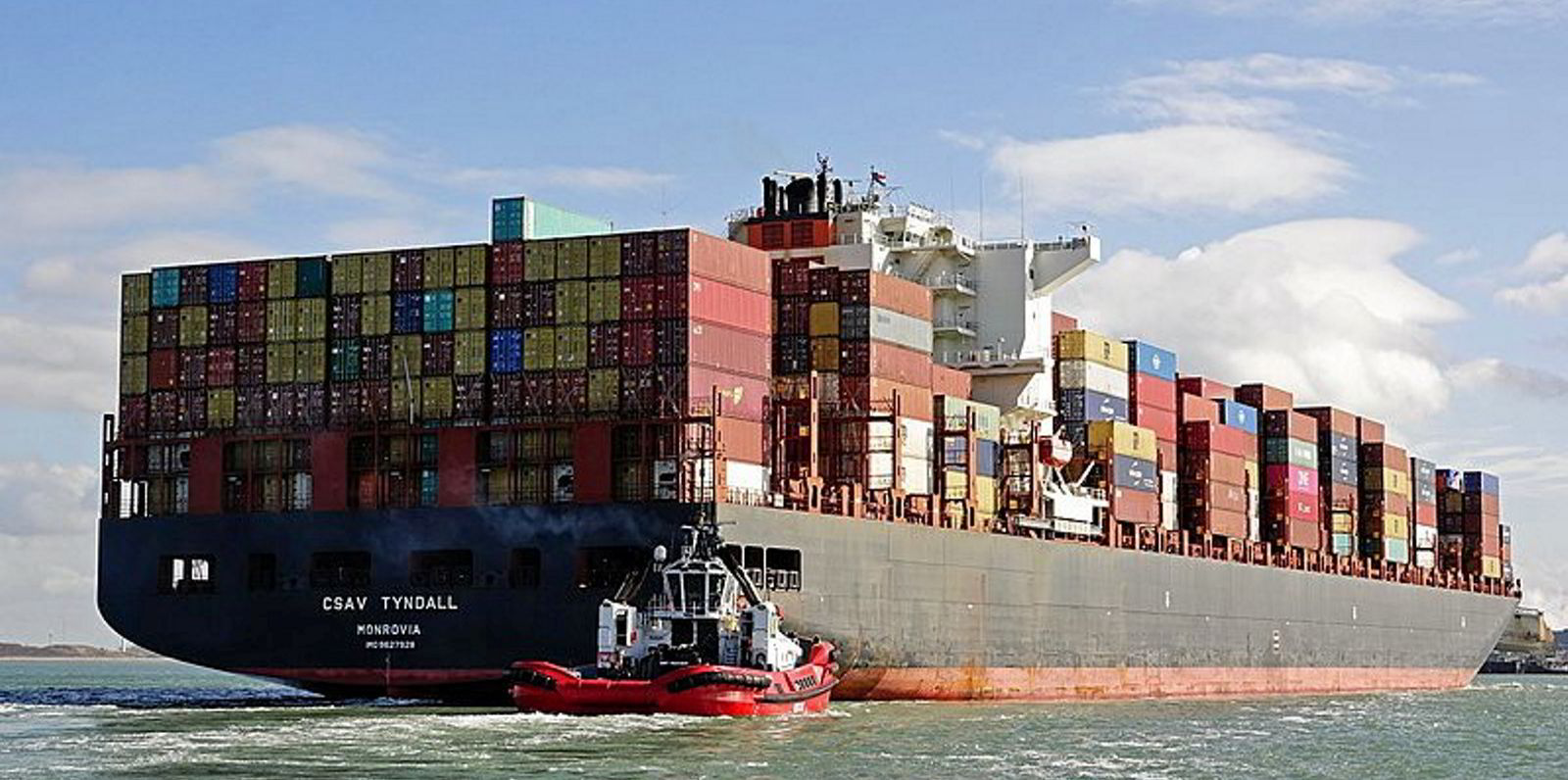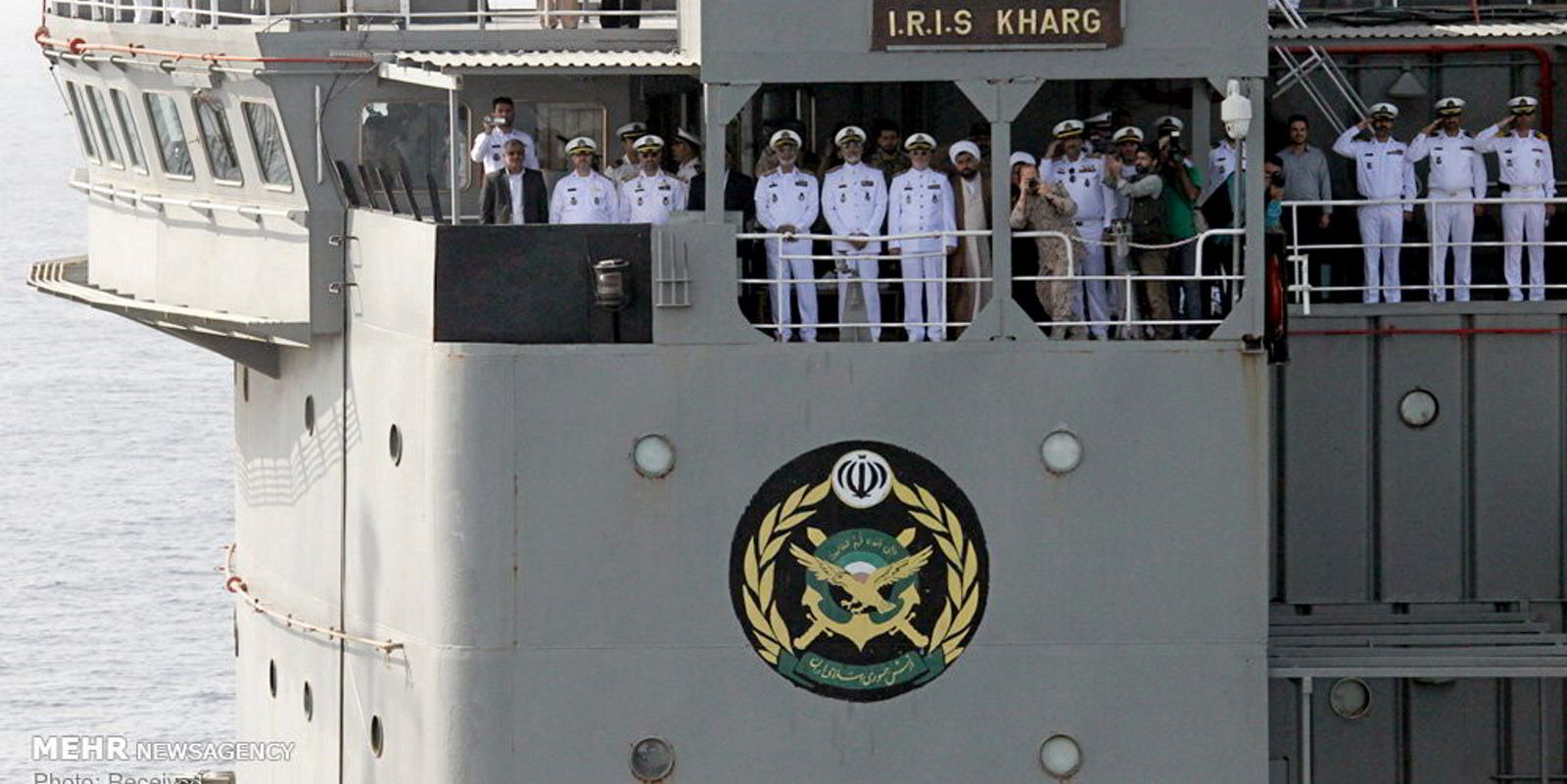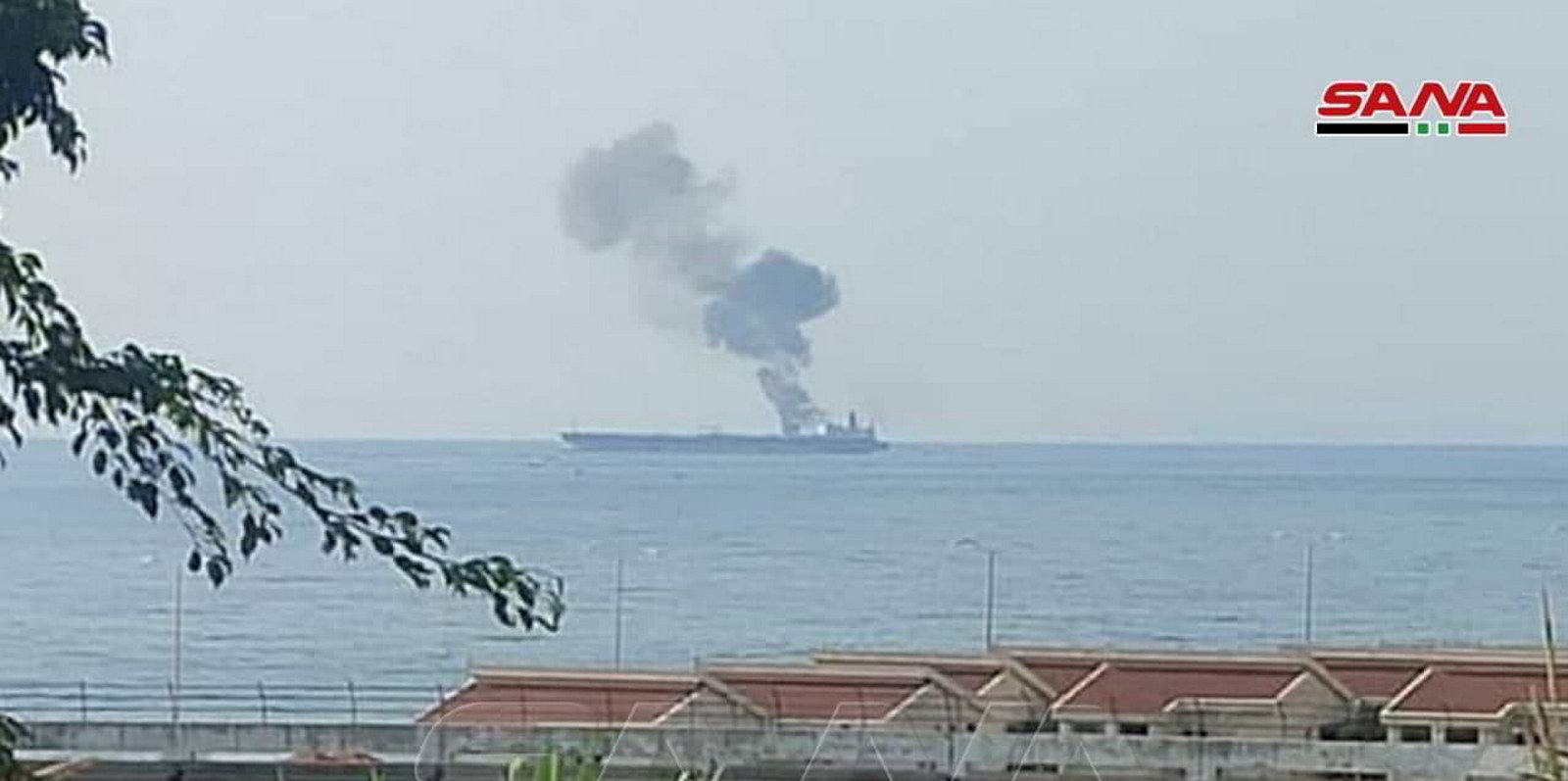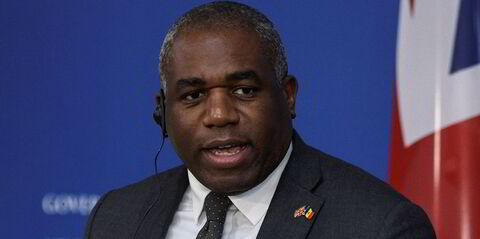A battle has been taking place at sea, one that heightens the risk to vessels and seafarers.
Last Saturday, Israeli officials blamed Iran after a fire broke out on the 8,704-teu CSAV Tyndall (built 2014) as the containership travelled across the Indian Ocean.
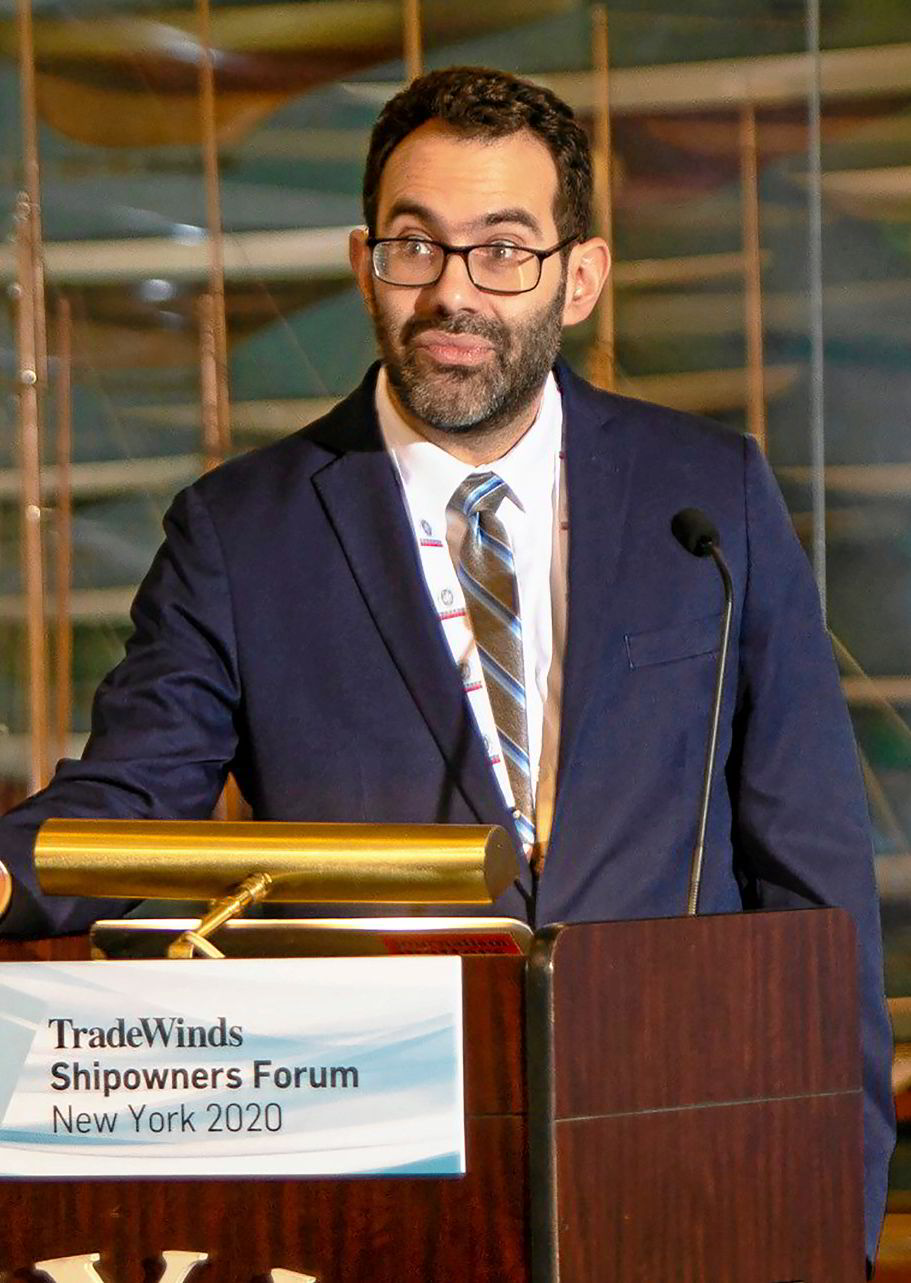
Initial reports suggested that the vessel may have been targeted by an unknown weapon because of its connection to Israeli billionaire Eyal Ofer. But his Zodiac Maritime no longer has any link to the CSAV Tyndall, which is now in the hands of London-based operator Oceonix Services.
An attack on a merchant ship of any nation is a dangerous prospect, and the incident highlights a series of incidents that have been going on for too long.
Since as early as 2019, Iran and Israel have been accusing each other of waging attacks on vessels in what several international news outlets refer to as a maritime component of a "shadow war".
Too often, cargo vessels have been the targets, and that creates a fraught environment for ships operating in the region.
Fortunately, there were no injuries on the CSAV Tyndall.
Whether Iran was involved has not been confirmed, though the incident came just over a week after an Iranian atomic energy facility was attacked with what was reported to be a drone. And security experts pointed to hallmarks of other attacks on ships with links to Israel.
Mistaken target
But security experts believe the ship was targeted by mistake based on information that was not up to date, and an embarrassed Iran is expected to take steps to ensure it does not make that mistake again.
That means there is unlikely to be a high risk to the broader shipping sector, according to Munro Anderson, founding partner at security firm Dryad Maritime. But, unfortunately, it also means vessels with Israeli links in their ownership must be more cautious.
And as long as these attacks continue, and they are expected to, there is a risk to vessels and crew.
The attacks that have been attributed to either Iran or Israel have sometimes come in rounds of tit-for-tat reprisals.
The first half of this year saw a number of troubling incidents.
In February, the 7,721-ceu Helios Ray (built 2015), which is owned by Israeli-controlled Ray Car Carriers, suffered an explosion in the Gulf of Oman.
Benjamin Netanyahu, who was Israel’s prime minister at the time, called the incident an Iranian attack, although Tehran rejected the claim.
Then in March, the 2,200-teu Iranian containership Shahr E Kord (built 2012) suffered a fire in the eastern Mediterranean. An Israeli official later told the New York Times that the ship was attacked in retaliation for an earlier incident targeting an Israeli vessel.
Not long after, the 3,614-teu Lori (built 2013) was hit by what was believed to be a missile in the Arabian Sea, with Israeli officials blaming Iran for the incident.
That was then followed by a limpet mine attack on the 23,175-dwt Iranian general cargoship Saviz (built 1999), with the New York Times reporting that Israeli officials acknowledged to their US counterparts that the Mediterranean nation's forces carried it out. The ship was a merchant vessel but had been allegedly used for military purposes.
Restraint
Fortunately, this string of back-and-forth attacks did not lead to any deaths or meaningful environmental damage.
What some describe as a shadow war, Dryad's Anderson calls a "localised and contained conflict".
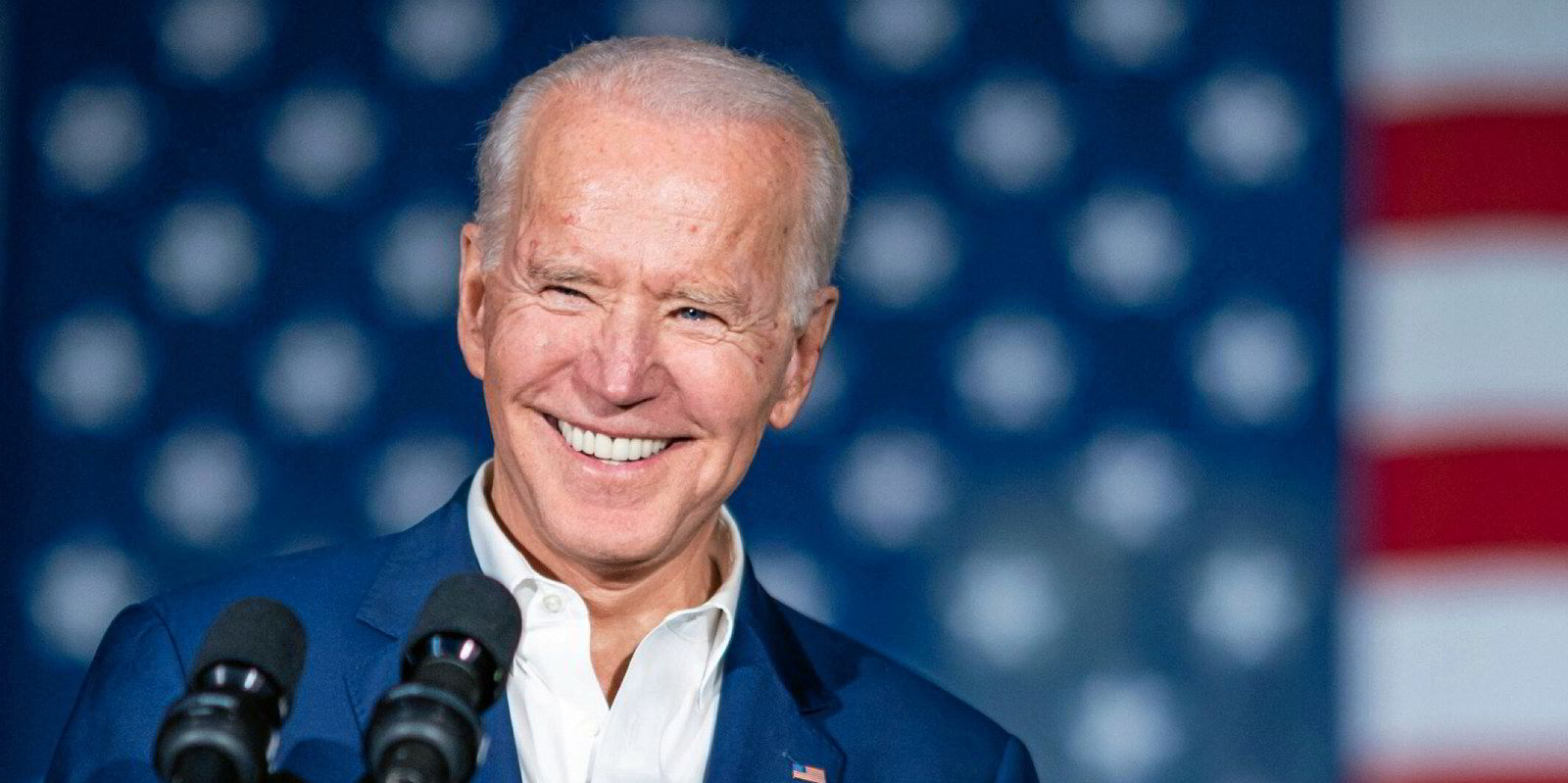
He said the two sides so far have made targeted attacks that do not appear to be aimed at causing loss of life or environmental harm, but could immobilise a vessel. And they have carried out the attacks in ways that are calculated to not lead to escalation.
Dryad advises its clients to take precautions in the region, although Anderson noted that there is no silver bullet, such as armed guards, that can protect a ship. For vessels with Israeli links, US naval ships provide escorts.
Even though the attacks have apparently been aimed at not taking the lives of seafarers, the incidents represent deliberate assaults on the safety of life at sea, and an attack with explosives on any merchant vessel of any nationality should be condemned.
As talks with the US are underway to ease sanctions on Tehran, officials should be urged to work to end this war on ships and their crews.
